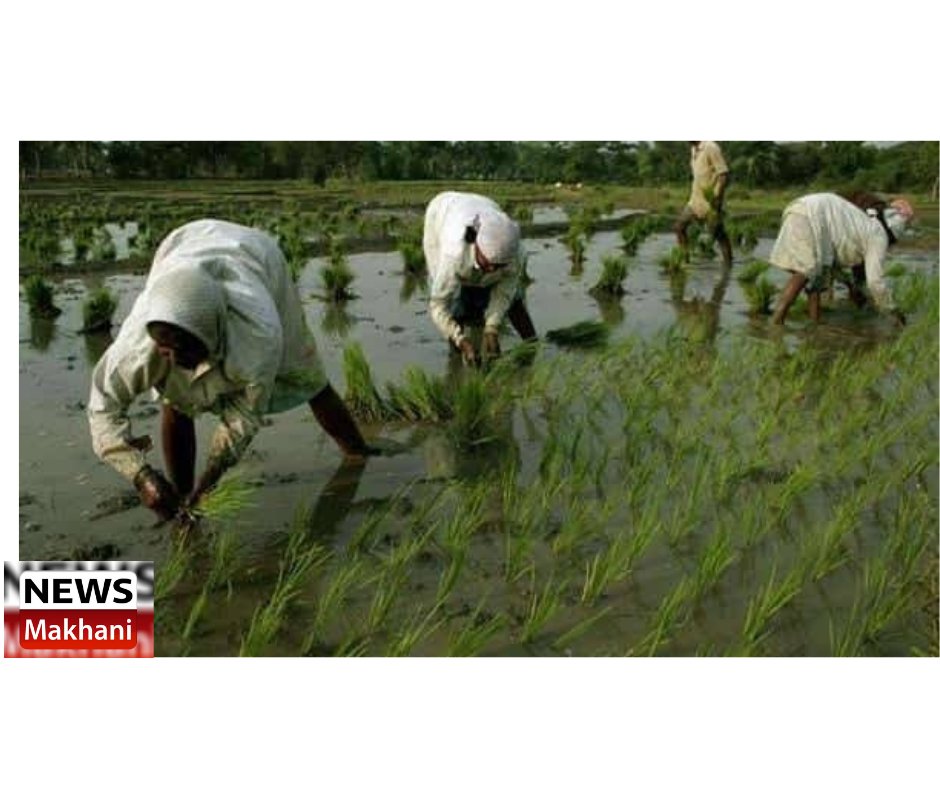Reducing Dependency on Agricultural Imports
During 2019-20 the import of Agri commodities was 19.91 USD Billion and the import of vegetable oils constituted the largest share 48%.The import of vegetable oils was undertaken with a view to bridge the gap between domestic demand and supply. The Government has been implementing Centrally Sponsored Scheme, National Food Security Mission (Oilseeds and Oil palm) in the country. This mission comprises of three Sub missions namely, NFSM-Oil Seeds, NFSM-Oil palm and NFSM- Tree Born Oil seeds (TBOs) being implemented through Agriculture and Horticulture departments of State Governments. A special programme on Targeting Rice Fallow Area (TRFA) and special programme on rapeseeds & mustard have also been done in ten States. With a view to ensure self-sufficiency in agriculture, Government is also implementing several flagship schemes namely, scheme of distribution of Soil Health Cards to farmers so that the use of fertilizers can be rationalised; “Per drop more crop” initiative under which drip/sprinkler irrigation is being encouraged for optimal utilisation of water, reducing cost of inputs and increasing productivity; “Paramparagat Krishi Vikas Yojana” is being implemented for promoting organic farming; Under e-NAM initiative farmers are being provided an electronic transparent and competitive online trading platform; Under “Har Medh Par Ped”, agro forestry is being promoted for additional income; Bee keeping has been promoted under Mission for Integrated Development of Horticulture to increase the productivity of crops through pollination and increase the honey production as an additional source of income to farmers.

 हिंदी
हिंदी






